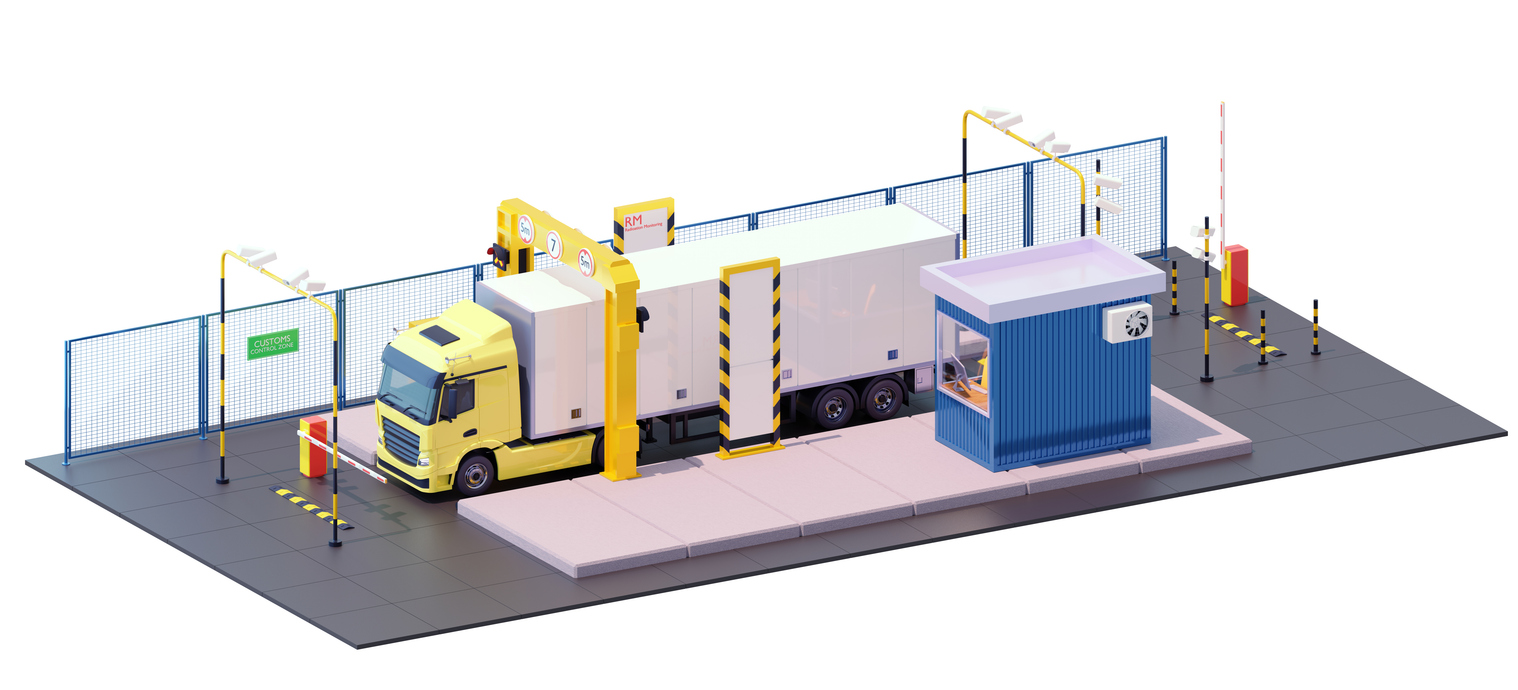Brand Distribution Opportunities in Nigeria: Unlocking a High-Growth Market
Nigeria, with its vast population of over 200 million people and a growing middle class, presents significant opportunities for brands seeking to establish distribution networks. The country’s consumer market is diverse and rapidly expanding, making it an attractive destination for global and local brands alike. Whether in FMCG, electronics, healthcare, or fashion, distributors can tap into the market’s potential by leveraging Nigeria’s robust retail infrastructure and consumer demand.
Why Consider Brand Distribution in Nigeria?
- Large Market Size: A youthful population with rising purchasing power.
- Diverse Consumer Base: Demand for a wide range of products across urban and rural areas.
- Growing Retail Sector: Nigeria’s retail market includes supermarkets, e-commerce platforms, and traditional markets.
- Government Policies: Support for local production and importation of essential goods creates opportunities for international brands.
- Digital Growth: Rising internet penetration and e-commerce adoption drive demand for online and offline distribution.
Key Sectors with High Distribution Potential
1. Fast-Moving Consumer Goods (FMCG)
The FMCG sector is one of the largest in Nigeria, driven by demand for essential products like food, beverages, and household items. Key opportunities include:
- Packaged Foods: Snacks, dairy, and convenience foods.
- Personal Care: Skincare, haircare, and hygiene products.
- Beverages: Alcoholic and non-alcoholic drinks.
Distribution Channels: Supermarkets (e.g., Shoprite), local markets, and wholesalers.
2. Technology and Electronics
With increased smartphone penetration and the digital economy’s growth, demand for electronics and tech accessories is booming.
- Smartphones and Gadgets: High demand for affordable, feature-rich devices.
- Appliances: Televisions, refrigerators, and washing machines.
- Accessories: Power banks, earphones, and chargers.
Distribution Channels: E-commerce platforms like Jumia and Konga, as well as electronics retailers.
3. Healthcare and Pharmaceuticals
The healthcare sector offers significant opportunities for distributing over-the-counter (OTC) medicines, supplements, and medical devices.
- Vitamins and Supplements: High demand among health-conscious consumers.
- Medical Devices: Blood pressure monitors, thermometers, and glucometers.
- Personal Protective Equipment (PPE): Masks and sanitizers remain essential post-COVID.
Distribution Channels: Pharmacies, hospitals, and health e-commerce platforms.
4. Fashion and Beauty
Nigeria’s vibrant culture drives demand for fashion, beauty, and luxury products.
- Clothing and Footwear: Affordable and trendy options for youth-driven markets.
- Cosmetics: Products tailored to diverse skin tones and preferences.
- Accessories: Bags, jewelry, and watches.
Distribution Channels: Boutiques, fashion retail chains, and Instagram stores.
5. Agriculture and Food Products
With agriculture contributing significantly to Nigeria’s GDP, opportunities exist for distributing:
- Processed Foods: Cereals, oils, and canned goods.
- Agricultural Equipment: Tractors, irrigation tools, and fertilizers.
Distribution Channels: Agro-dealers, local markets, and cooperatives.
How to Tap into Distribution Opportunities in Nigeria
1. Understand the Market
Conduct market research to identify:
- Demand patterns: What products are trending and why.
- Competitor analysis: Who dominates the market and their strategies.
- Consumer preferences: Tailor products to Nigerian tastes and needs.
2. Build a Local Presence
A local presence improves logistics, customer relationships, and regulatory compliance:
- Establish a warehouse or distribution hub in key cities like Lagos, Abuja, or Port Harcourt.
- Partner with local distributors with established networks.
3. Leverage E-Commerce
Nigeria’s e-commerce market is growing rapidly, driven by platforms like:
- Jumia and Konga: General marketplaces.
- PayPorte and Supermart.ng: Retail-specific platforms.
Invest in an online distribution strategy to reach tech-savvy consumers.
4. Partner with Local Businesses
Collaborate with Nigerian distributors, wholesalers, or agents who understand the market dynamics:
- Wholesalers: Large-volume distribution for urban and rural markets.
- Retail Chains: Access modern trade outlets like Shoprite and Spar.
- Agents: Handle last-mile distribution and customer engagement.
5. Focus on Logistics and Supply Chain
Efficient distribution depends on overcoming infrastructure challenges:
- Partner with logistics providers for reliable delivery.
- Use technology to manage inventory and track shipments.
6. Comply with Regulatory Requirements
Ensure your products meet local standards by:
- Registering with regulatory agencies like NAFDAC (for food and drugs) and SON (Standards Organisation of Nigeria).
- Securing import permits and meeting labeling requirements.
Challenges in Brand Distribution
- Infrastructure Gaps: Limited road networks and power supply can affect logistics.
- Currency Fluctuations: Volatile exchange rates impact pricing and profitability.
- Consumer Price Sensitivity: Affordability is key in a price-sensitive market.
Wigmore Trading: Your Partner in Nigerian Distribution
Wigmore Trading specializes in helping brands successfully enter and distribute products in Nigeria. Our services include:
- Market Research: Understand your target audience and competition.
- Local Partnerships: Connect with reliable distributors and retailers.
- Logistics Support: Efficient warehousing and supply chain management.
- Regulatory Compliance: Navigate local laws and obtain necessary approvals.
Contact us today to explore how we can support your distribution goals in Nigeria.







Comments are closed.